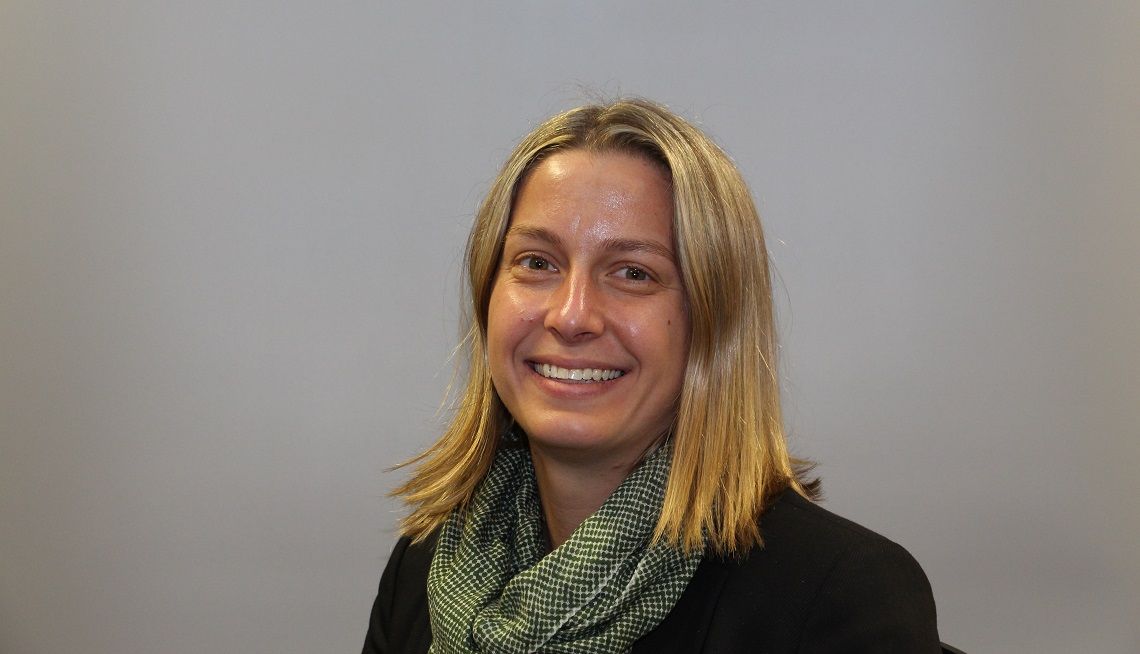Danielle Cave, Senior Analyst, International Cyber Policy Centre, Australian Strategic Policy Institute, Australia
By Chia Jie Lin
Women in GovTech 2018 Special Report.

I work at a government and industry funded security, defence & cyber think-tank in Australia called the Australian Strategic Policy Institute. I work within the International Cyber Policy Centre and I look at how cyberspace and technologies interacts with foreign policy and national security.
It’s an emerging, but I think very important field that forces publics and governments around the world to think more strategically, not just about how they engage and influence online, but also to think about issues like the proliferation of Artificial Intelligence tools and surveillance technologies around the world; which sorts of technology partners they work with on critical infrastructure projects; and where they draw the line on privacy, data protection and an open and free Internet.
One of the more interesting projects I have been involved with this year is a project authored by a colleague of mine who is on secondment to my team from the Australian Government. Her project, titled ‘Identity of a nation: Protecting the digital evidence of who we are’ focused on the need for the Australian Government to protect its valuable digital national identity assets in the face of rising cyber attacks and foreign interference attempts that are occurring in democracies around the world.
What has been the most exciting thing that you worked on in 2018?
Our team is also doing a lot more work looking at how satellite imagery can be used in public policy research. A recent research project I was a part of used satellite imagery to shine a light on the sheer scale and growth of detention camps in Xinjiang, China.
We also partnered with Australia’s public broadcaster ABC who put together a fantastic digital site dedicated to our research and their own original reporting. This project is a good example of how online tools and technologies can be leveraged to give us a more complete picture of what is really happening around the world, and on the ground - even in parts of the world which are largely closed off to diplomats, journalists and NGO workers.
If you were to share one piece of advice that you learned in 2018, what would it be?
Don’t be afraid to take risks and to uproot yourself to take on new opportunities you didn’t plan. Hustle to work underneath great leaders and in good organisations that you can help make better. And don’t feel guilty for moving on, even from what you may have thought was your “dream job”. Life is too short to reward and invest in bad leadership and in bad organisational cultures.
"Hustle to work underneath great leaders and in good organisations that you can help make better."What tool or technique particularly interests you for 2019?
I think it will be very interesting to see how developments like machine learning and big data will help governments make more informed policy decisions. I think some governments will excel at this while others are likely to be more risk-averse and will lag behind.
What are your priorities for 2019?
To ensure the team I work in continues to be at the forefront of evidence-based policy research and influence on global cyber and strategic technology issues.
What is one skill that has helped you the most throughout the course of your career?
There are two skills I think that have probably been most valuable for me so far in my career. I have learnt how to mount a strong and evidenced argument – which is vital in the policy space – and I like to listen and learn from others so that I can see different issues from their different perspectives. I think these two skills go hand in hand and feed into one another.
What advancements do you predict will happen in your field in the next ten years?
Cyberspace and new technologies are becoming increasingly politicised and securitised, and unfortunately, over the coming years I think we are all going to experience some downsides that are likely to go along with the many upsides that come with a more connected world, such as growing censorship, information control and surveillance.
If countries around the world don’t want this – and I suspect most populations don’t want this – then we are all going to have to get more proactive and vocal about the type of digital environments we want to live in, in the future.
Coffee, yoga, music… what powers you through your day?
Coffee, music, wine – the beach on the weekends – and continuously working with my colleagues to build a fantastic team, whom I then have the privilege of being able to work with everyday!